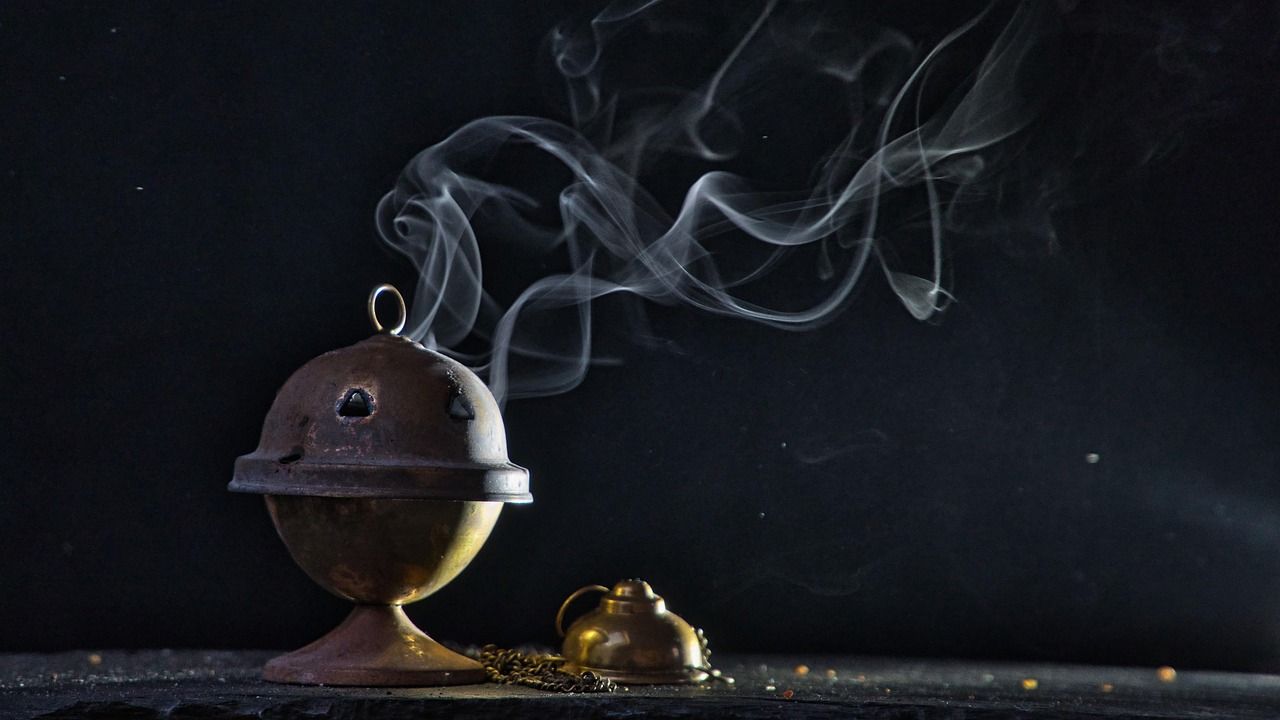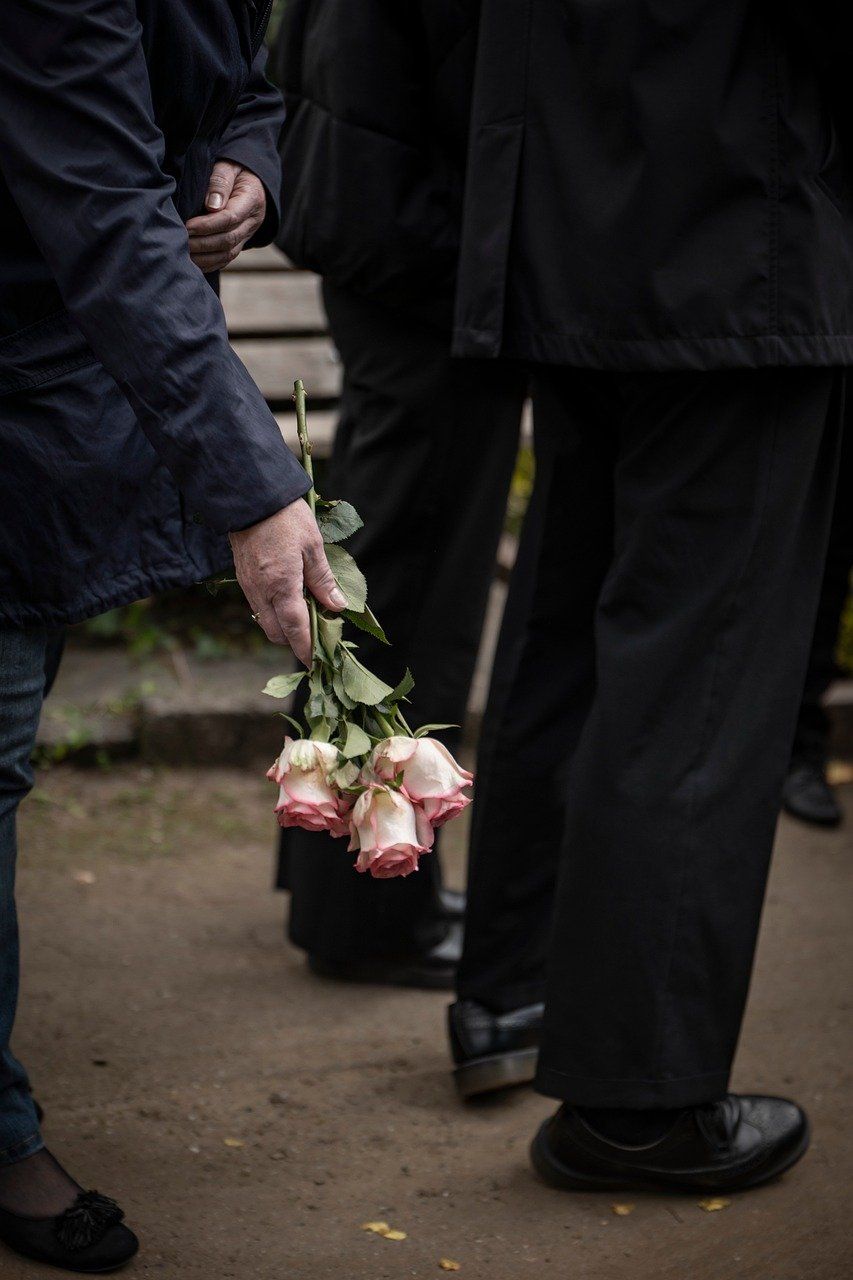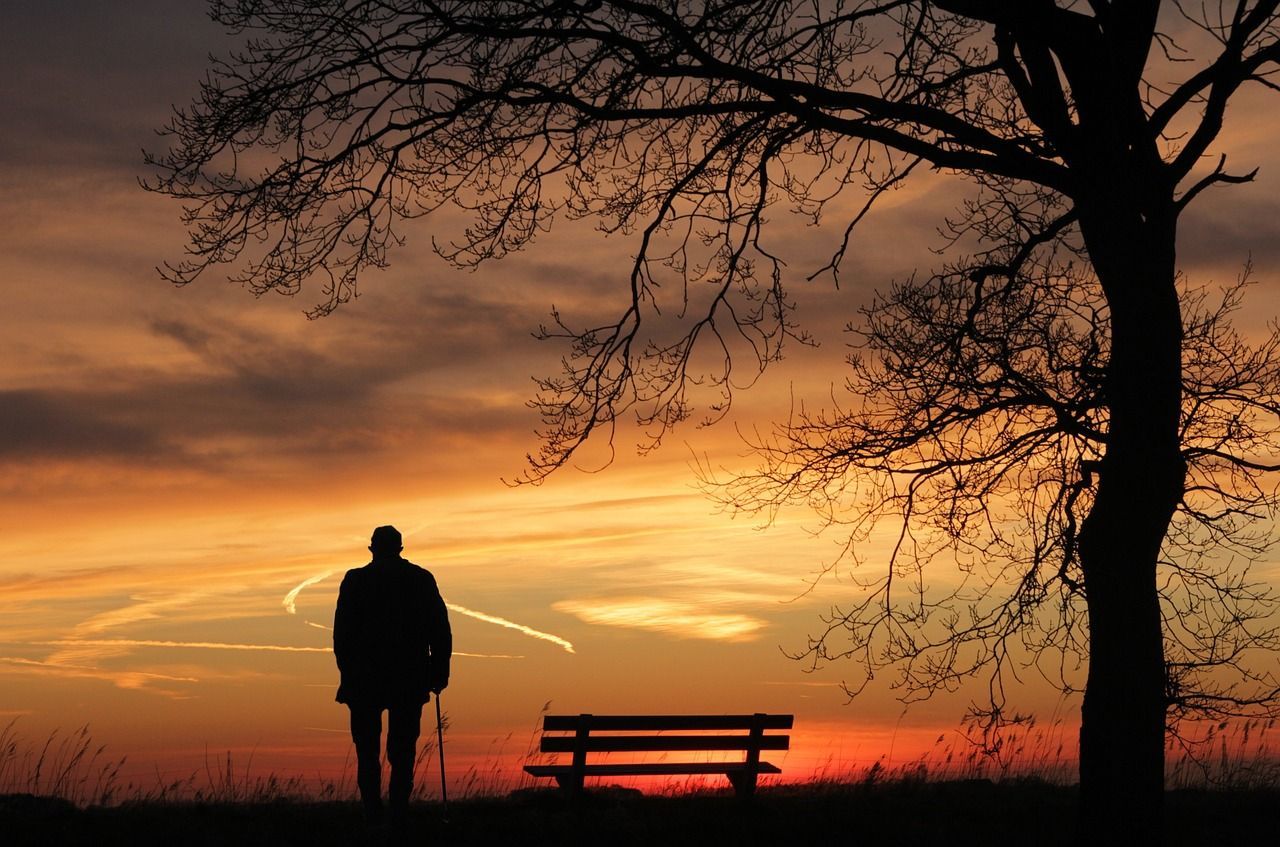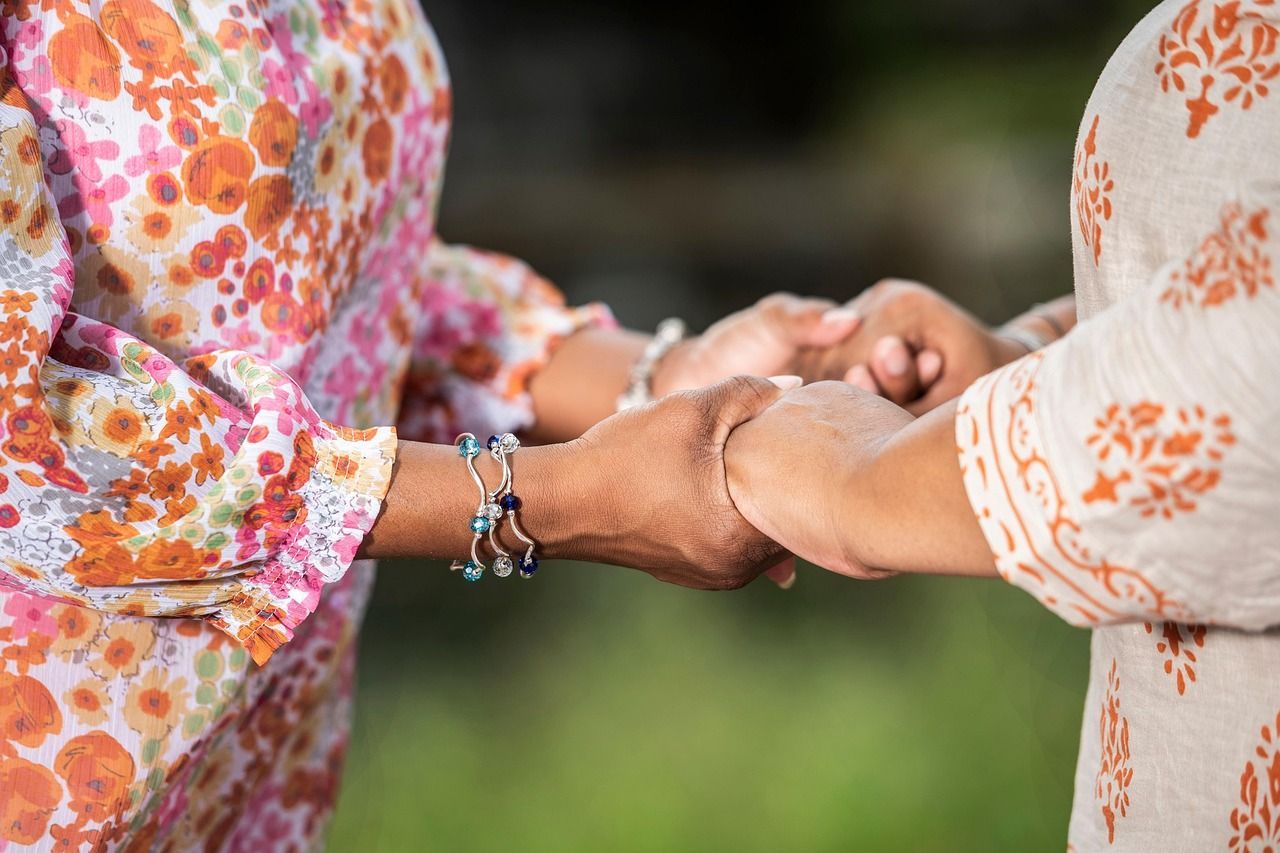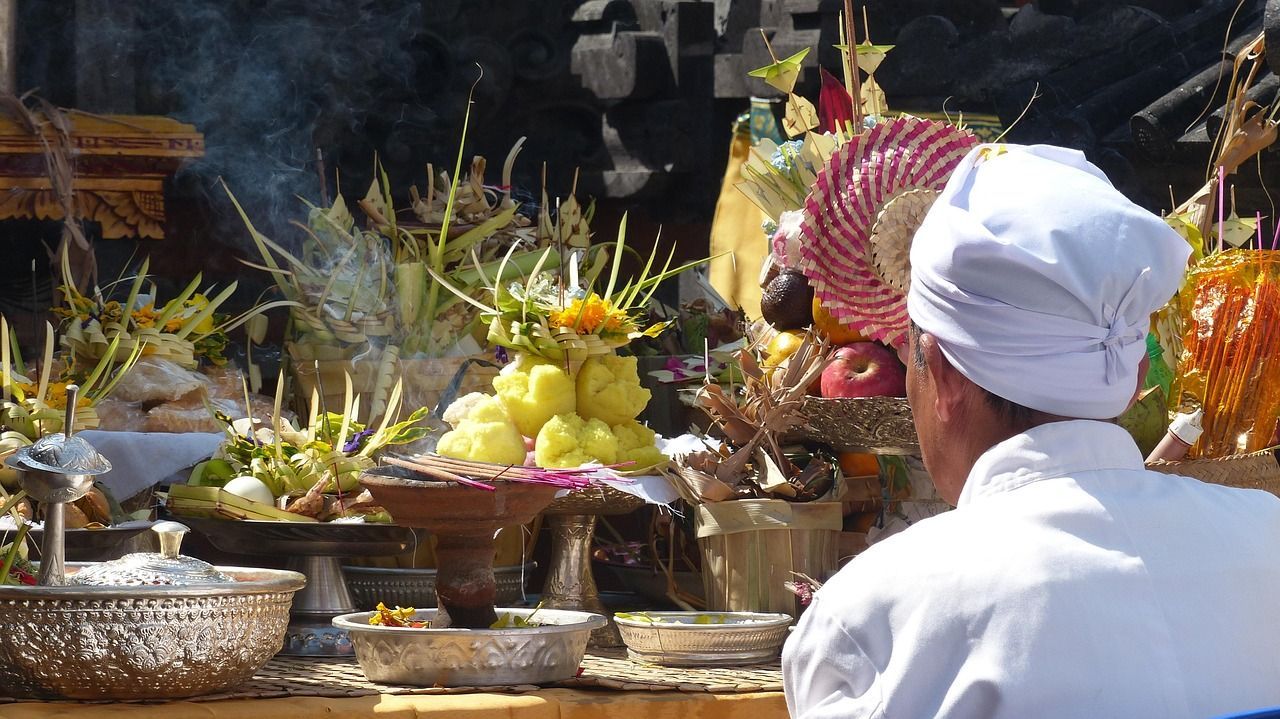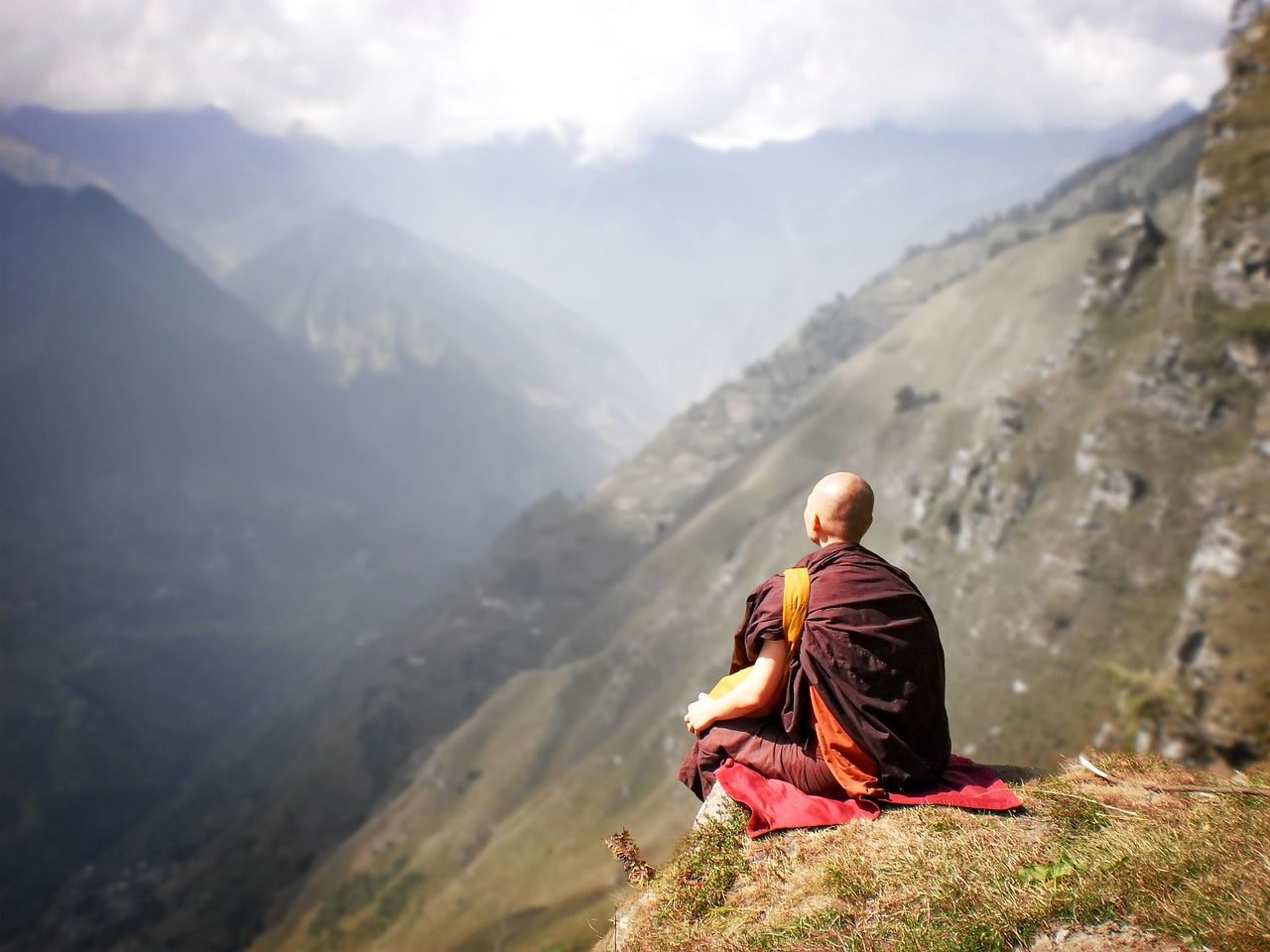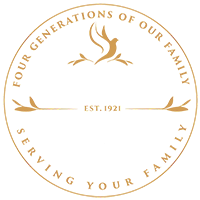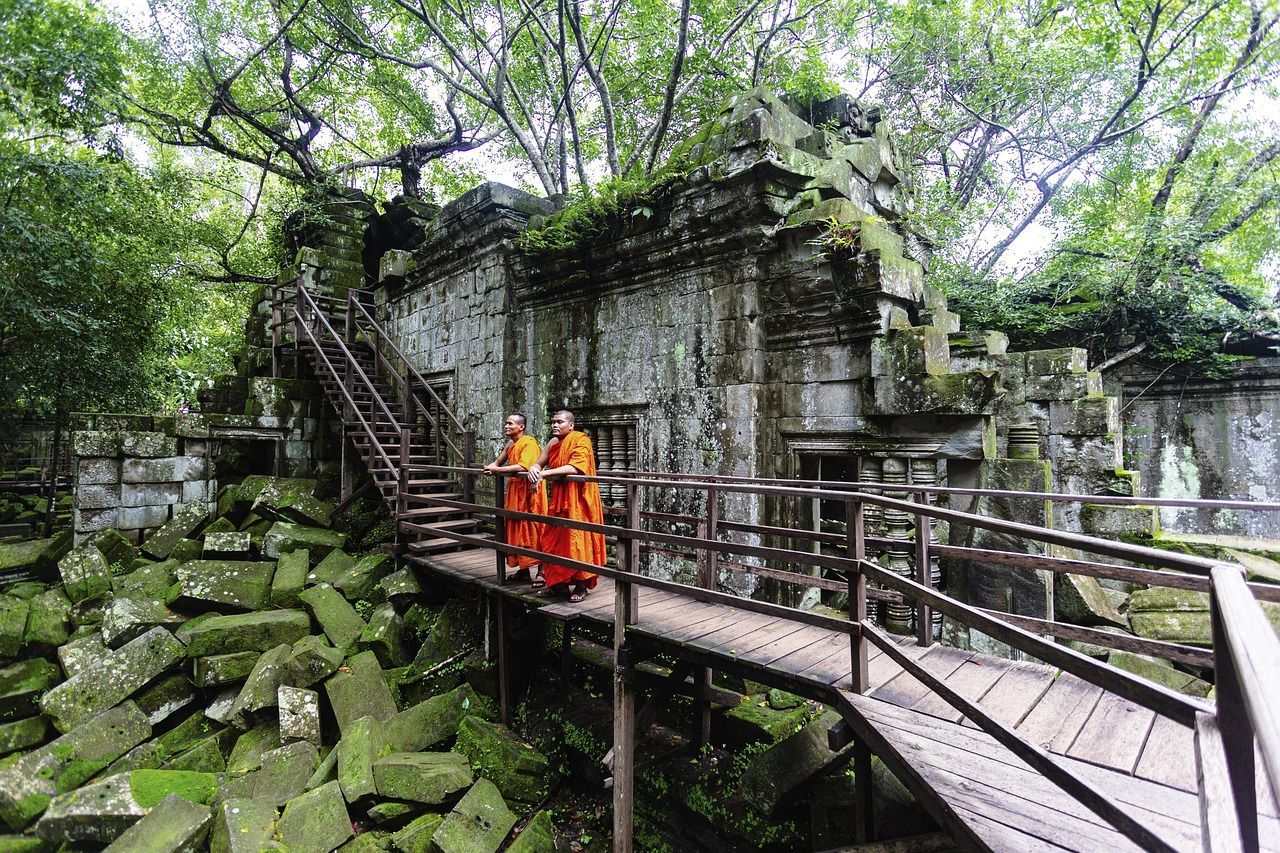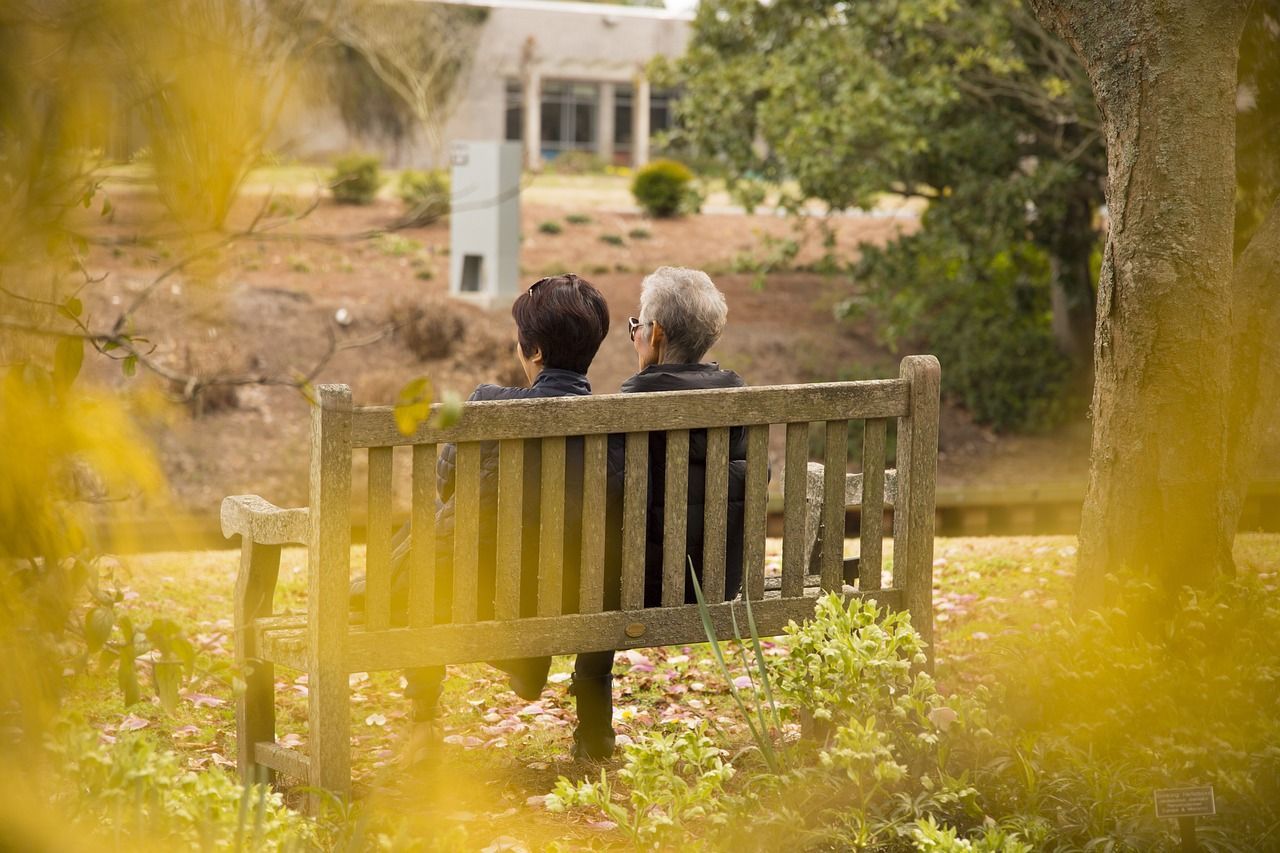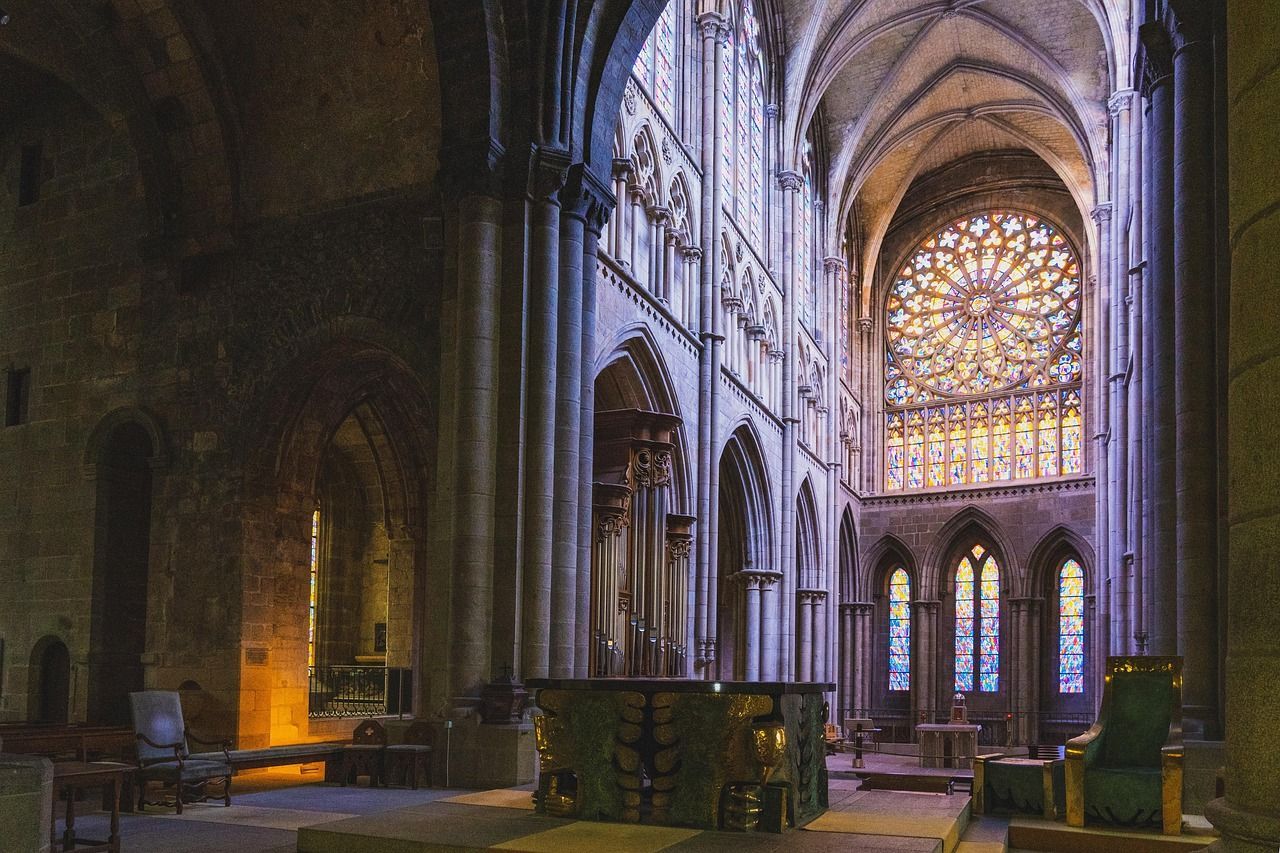Honoring Ancestors: Understanding Vietnamese Funeral Customs and Traditions
In Vietnamese culture, honoring one’s ancestors is more than a tradition; it’s a way of life. When a loved one passes away, families come together not only to grieve but also to ensure that the spirit of the deceased is cared for and remembered properly.
At
Pennsylvania Burial Company / Baldi Funeral Home, we understand the deep cultural and spiritual significance of Vietnamese funeral customs. Our team is honored to serve Philadelphia’s Vietnamese community with compassion, respect, and knowledge of these meaningful traditions.
The Importance of Ancestral Respect in Vietnamese Culture
Vietnamese funeral customs are rooted in the belief that life continues beyond death and that the deceased maintain a spiritual connection with their descendants. Honoring one’s ancestors ensures harmony between the living and the spirit world.
Families often maintain an
ancestral altar at home, where they offer incense, food, and prayers on special occasions and anniversaries. During a funeral, these same values are reflected through rituals meant to guide the spirit peacefully to the afterlife.
Key Elements of a Traditional Vietnamese Funeral
Vietnamese funerals include a series of meaningful customs that take place over several days. While practices can vary by region or religion (Buddhist, Catholic, or ancestral), many families observe similar steps:
Announcement of Death (Cáo Phó)
The family formally announces the passing to relatives and the community, inviting them to pay respects.
Incense and Offerings
Burning incense represents communication with the spirit world. Food, fruit, and symbolic items are offered to support the deceased’s journey.
White Clothing
Family members wear white or subdued colors as a sign of mourning and purity.
Prayers and Chanting
Monks or priests may lead prayers to help the spirit transition peacefully.
Procession and Burial
A funeral procession often includes family members carrying offerings and photos of the deceased, followed by burial or cremation.
These customs help both the living and the departed find peace, honoring a loved one’s memory while fulfilling cultural and spiritual responsibilities.
Modern Adaptations for Vietnamese Families in the U.S.
In Philadelphia, many Vietnamese families seek to blend
traditional customs with modern practices. Some choose Buddhist chanting or incense ceremonies alongside contemporary memorials or cremation options.
At Baldi Funeral Home, we respect these evolving needs by offering flexibility, helping families customize services that reflect both their heritage and their personal preferences.
Whether it’s providing space for
monks to lead prayers, setting up a
table for offerings, or assisting with
memorial altars, our staff ensures that each service honors Vietnamese tradition with authenticity and care.
Symbolic Offerings and Ritual Items
Offerings play a vital role in Vietnamese funerals. They symbolize love, gratitude, and continued care for the departed. Common offerings include:
- Incense sticks: to connect with the spirit of the deceased.
- Flowers (especially chrysanthemums): representing purity and remembrance.
- Fruits and rice: as nourishment for the spirit.
- Paper offerings (vàng mã): symbolic items such as money, clothes, or even paper houses, burned to send to the afterlife.
Families often personalize these offerings, including items that reflect the loved one’s personality, favorite foods, or meaningful symbols.
How Pennsylvania Burial Company / Baldi Funeral Home Supports Vietnamese Families
Our team has experience helping Vietnamese families in Philadelphia
plan funerals that honor both cultural and spiritual values. We work closely with families to coordinate Buddhist or Catholic rites, prepare traditional offerings, and provide a calm, respectful environment for every ceremony.
We also understand the importance of timing in Vietnamese customs, such as holding ceremonies on auspicious days or observing proper mourning periods.
At Baldi Funeral Home, every service is guided by compassion and cultural understanding, ensuring your loved one’s farewell is both meaningful and dignified.
Frequently Asked Questions
1. Can we include Buddhist prayers or chanting in the service?
Yes. We can help coordinate with local temples or monks to include traditional chanting or prayers as part of the ceremony.
2. What should we prepare for the altar or offering table?
Families typically include incense, food, fruits, flowers, and photos of the deceased. We can provide tables and guidance on setting up these offerings.
3. Is cremation acceptable in Vietnamese culture?
Yes. Many modern Vietnamese families choose cremation while maintaining traditional rituals such as chanting, offerings, and prayers before and after the cremation.
4. How long do Vietnamese funerals usually last?
They often take place over two to three days, though timing may vary depending on family customs, religious practices, or scheduling needs.
5. Can Baldi Funeral Home assist with transportation for monks or religious leaders?
Absolutely. Our staff can help coordinate logistics, ensuring that all cultural and ceremonial needs are met.
6. How can families honor their loved one after the funeral?
Many continue to pay respects by maintaining an ancestral altar and observing anniversaries (ngày giỗ) with offerings and prayers at home.
Vietnamese funeral traditions beautifully reflect the values of respect, remembrance, and connection between generations. At
Pennsylvania Burial Company / Baldi Funeral Home, we are honored to help families uphold these customs, offering guidance, space, and heartfelt care every step of the way.
Our goal is to ensure that each service is not only a farewell, but a celebration of love, gratitude, and heritage that endures for generations.
